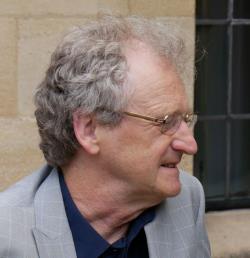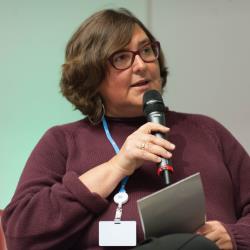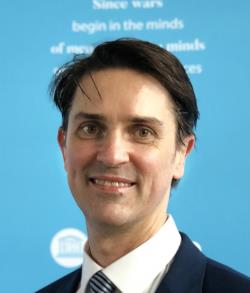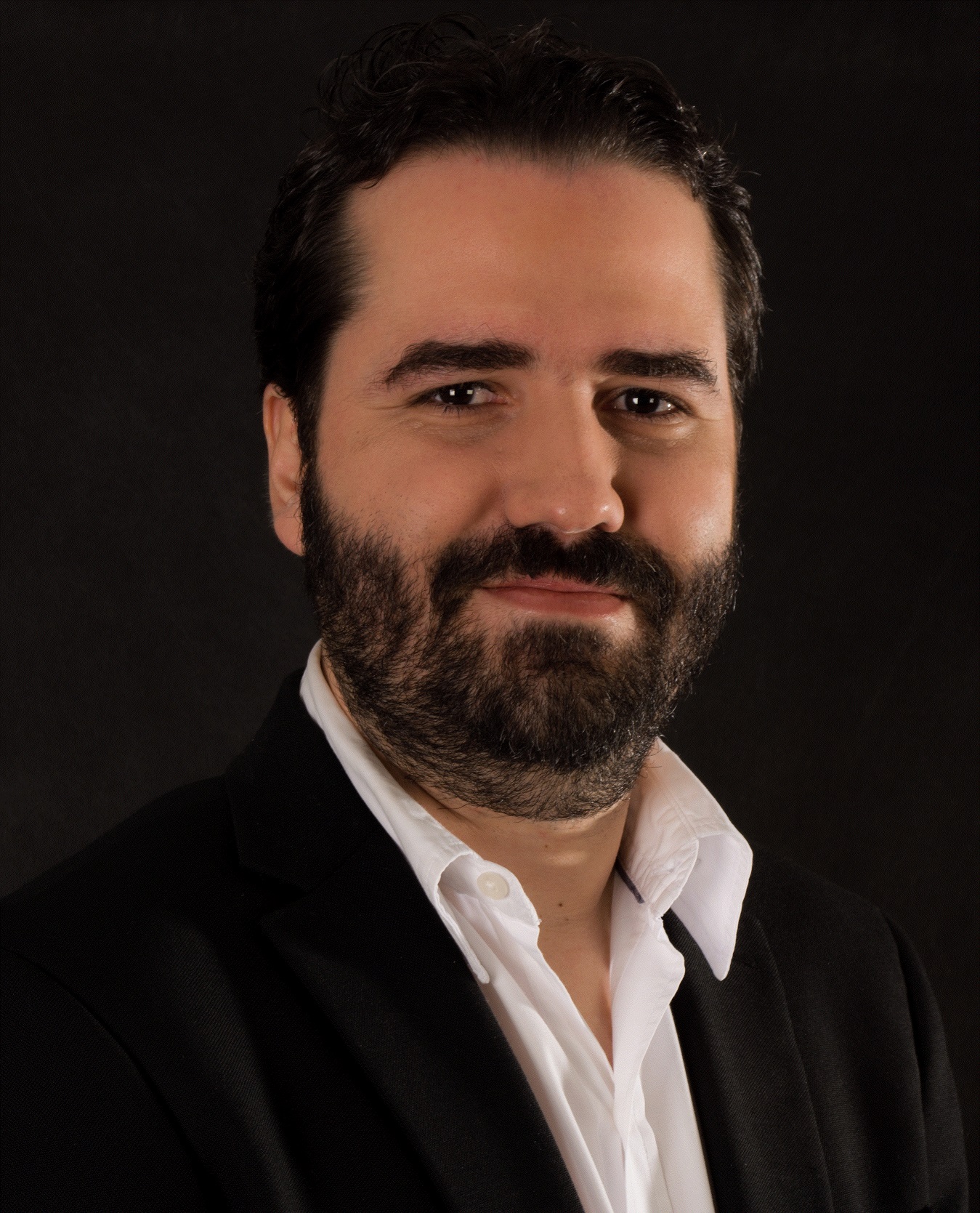Internet Universality Indicators: measuring ICT for development
UNESCO
Session 163
In recent years, the digital world has undergone significant transformations, presenting new challenges and opportunities for Internet governance and policy. As stakeholders endeavor to adapt their national plans and strategies to this evolving reality, UNESCO aims to provide support in addressing the diverse challenges of Internet governance at the national level.
UNESCO developed the Internet Universality ROAM-X Indicators (IUI) framework through a global and multi-stakeholder process spanning three years. In 2015, the General Conference, UNESCO’s governing body endorsed the Internet Universality concept with its four cross-cutting R.O.A.M principles: Human Rights, Openness, Accessibility, and a Multi-stakeholder approach. Today, the ROAM-X framework comprises 303 indicators, encompassing Cross-cutting issues such as gender equality, security, and sustainable development, and has been implemented in 40 countries. Its primary role is to facilitate the assessment of Internet development at a national level and formulate policy recommendations. As the ROAM-X Indicators reach the five-year milestone, UNESCO has undertaken a revision process to ensure their continued relevance, efficient application, and usefulness in assessing a diverse array of issues related to Internet governance.
This session aims to provide participants with insights into the ongoing revision process of the IUI, highlighting key areas of focus and soliciting feedback on the new draft. Discussions will center on the changing dynamics of the digital world and how the revised indicators can effectively address contemporary issues such as digital inclusion, data privacy, cybersecurity, and the impact of emerging technologies like artificial intelligence.
Drawing on the expertise of stakeholders from government, academia, civil society, and the private sector, the session will foster dialogue on the evolving nature of internet governance and the role of the IUI in promoting a free, open, and accessible internet for all. Participants will have the opportunity to contribute their perspectives and recommendations to ensure that the revised indicators accurately reflect the complexities of the digital age.
Through collaborative efforts and shared insights, the session aims to lay the groundwork for a robust set of IUI that can serve as a valuable tool in promoting Internet Universality and fostering Internet development.

David Souter is an independent expert on the digital society and its impacts. He was lead consultant for the development of the Internet Universality Indicators and has worked on a variety of other projects for UNESCO; was lead consultant for CSTD’s ten-year review of the World Summit on the Information Society; and has also worked on many projects for UNCTAD and for ITU as well as development and civil society organisations. His blog Inside the Digital Society is published by APC.

Anriette Esterhuysen was the executive director of APC until March 2017. Prior to joining APC, Anriette was executive director of SANGONeT, an internet service provider and training institution for civil society, labour and community organisations. Anriette has served on the African Technical Advisory Committee of the UN's Economic Commission for Africa's African Information Society Initiative and was a member of the United Nations ICT Task Force from 2002 to 2005, the World Summit on the Information Society (WSIS) Working Group on Financing Mechanisms, and the Commission on Science and Technology for Development Working Group on Internet Governance Forum (IGF) Improvements. She was a member of the Multistakeholder Advisory Group of the Internet Governance Forum from 2012 to 2014.
Anriette was one of five finalists for IT Personality of the Year in South Africa in 2012, an award which recognises a person who has made an outstanding impact on the South African ICT industry. She was the only female and only civil society finalist. She was inducted into the Internet Hall of Fame as a Global Connecter in 2013. Currently Anriette is a member of the Global Commission on Internet Governance and the Council of the NETmundial Initiative. She has published extensively on ICTs for development and social justice. She holds a BA in social sciences and postgraduate qualifications in history of music and information sciences from the University of the Witwatersrand in Johannesburg, South Africa.
Anriette is currently a member of the Steering Committee for the Internet Universality Indicators revision process.

Cédric Wachholz, Chief of Section of UNESCO’s Digital Innovation and Transformation Section (CI/DIT), which includes multiple Artificial Intelligence (AI) work streams. UNESCO’s AI work focuses on the the human-rights and ethical dimension of AI and on the use of frontier technologies for attaining the UN Sustainable Development Goals, through advocacy, capacity- and public policy development. UNESCO harnesses AI-related opportunities in its field of competence (education, sciences, culture, communication and information), addresses related risks and serves as a platform for multi-stakeholder dialogue on AI innovations for development. Previously, as Chief of the Executive Office of UNESCO’s Communication and Information (CI) Sector, Cédric provided strategic decision-making support to the Assistant Director-General for CI on the management of the Sector's activities, budget and staff (Jan. 2017 until Feb. 19). Before, he coordinated UNESCO’s World Summit on the Information Society (WSIS) follow-up, covering a wide range of ICT issues in the fields of the Sciences, Culture, Education and Communication and Information, also including Internet Governance. Cédric is originally an e-learning specialist and headed before the ICT in Education Unit in UNESCO’s Education Sector. From 2006-8, he worked in the office of UNESCO's Assistant Director-General for Education and from 2002-2006, as Chief of the ICT in Education Unit in the UNESCO Asia and Pacific Regional Bureau for Education in Bangkok, Thailand. In the Regional Bureau, he led a team of 15 people on ICT projects in the areas of Policy-, SchoolNet- and indicator development, in teacher and non-formal education, curriculum and content development. From 2000-2002, Cédric Wachholz was the ICT in Education Focal Point in UNESCO HQ Educational Policies and Strategies Division. He started his UNESCO work in 1998 in the Education for All (EFA) Division.
.jpg?maxwidth=250)
Survey Project Coordinator at the Regional Center for Studies on the Development of the Information Society (Cetic.br), linked to the Brazilian Network Information Center (NIC.br). Researcher in the field of digital inequalities, is currently responsible for planning and implementing ICT-related research projects in Brazil, as well as cooperating with Latin America and Portuguese-speaking countries in Africa to strengthen international comparability of indicators. Mr. Senne has integrated expert groups leaded by international organizations such as UNESCO, OECD, UN-ECLAC and PAHO-WHO. Mr Senne holds a PhD degree in Political Science from the University of São Paulo (Brazil), a Master Degree in Communication from University of Brasília (Brazil) and a BSc Degree in Social Sciences from the University of São Paulo (Brazil).
-
 Goal 4: Ensure inclusive and equitable quality education and promote lifelong learning opportunities for all
Goal 4: Ensure inclusive and equitable quality education and promote lifelong learning opportunities for all
-
 Goal 5: Achieve gender equality and empower all women and girls
Goal 5: Achieve gender equality and empower all women and girls
-
 Goal 10: Reduce inequality within and among countries
Goal 10: Reduce inequality within and among countries
-
 Goal 16: Promote just, peaceful and inclusive societies
Goal 16: Promote just, peaceful and inclusive societies
-
 Goal 17: Revitalize the global partnership for sustainable development
Goal 17: Revitalize the global partnership for sustainable development
https://www.unesco.org/en/internet-universality-indicators